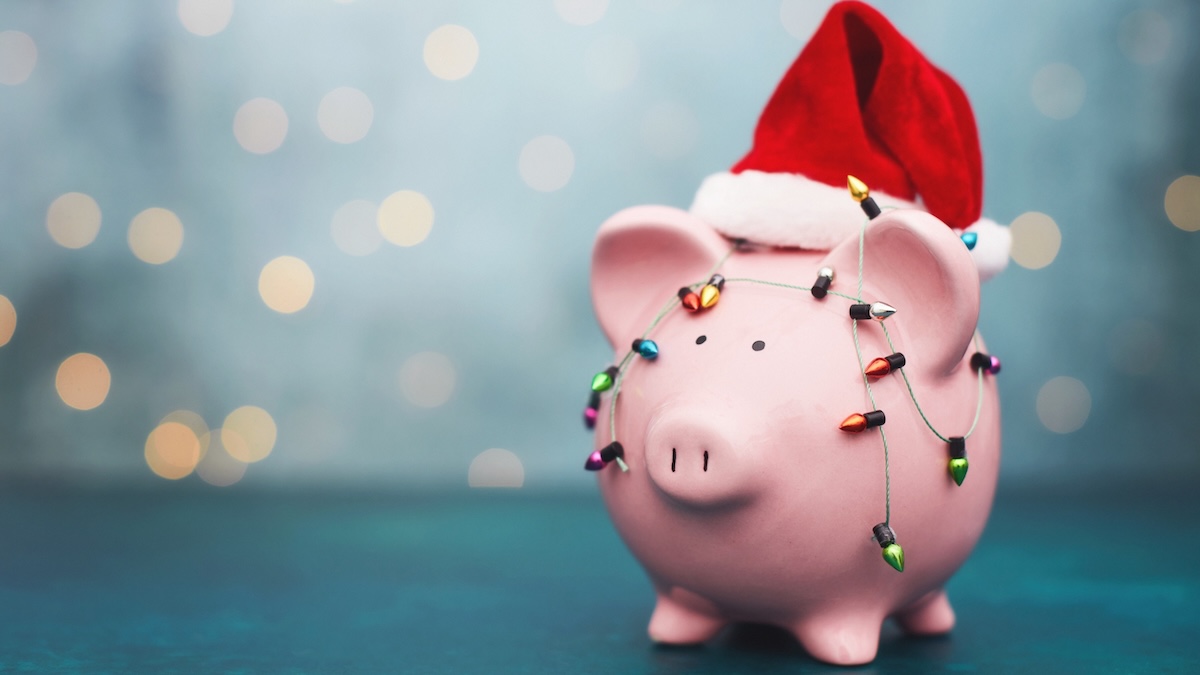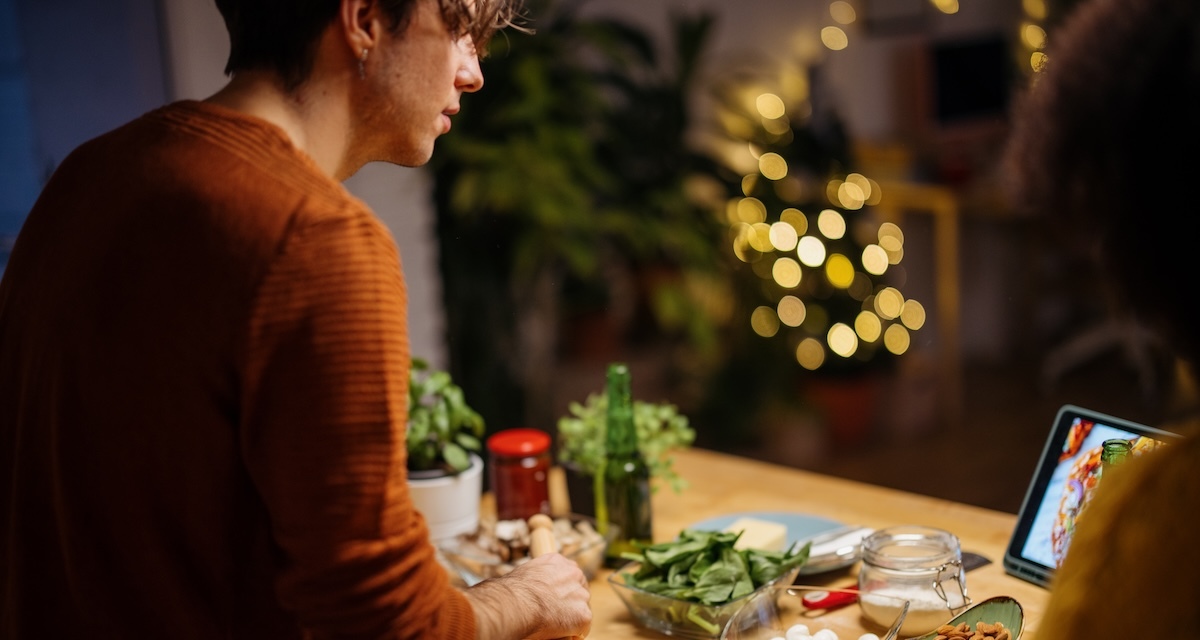
How to protect your Christmas bonus from garnishment!
If you have financial problems and debts and have already had your wages or salary garnished, you can still look forward to receiving your employer's Christmas bonus. This is because the Christmas bonus is protected from garnishment up to 780 euros.
Christmas bonus has been protected against garnishment up to 780 euros since July 2025. Employers pay out the protected amount automatically.
In the case of account seizures, the seizure protection on the P-account must be increased by application. Special payments at the end of the year are also protected if they are paid between November and January.
How high is the garnishment protection for Christmas bonuses?
The regulations are clear: Christmas bonuses are unattachable up to half of the monthly allowance in accordance with section 850c (1) no. 3 ZPO in conjunction with section 850c (4) no. 1 ZPO. Since July 1, 2025, this amount has been a maximum of EUR 780 (section 850c (1) no. 3 ZPO in conjunction with section 850c (4) no. 1 ZPO).
Note tax deductions for Christmas bonuses
You must bear this in mind: Taxes and social security contributions are deducted from the 780 euros.
Automatic payout and garnishment protection - what employers need to do
The employer must determine how much of the Christmas bonus is non-garnishable and transfer it to the employee with the salary. This happens automatically and the employee does not need to worry about anything.
If this does not happen automatically, the person concerned must initiate a clarifying discussion with their employer.
Do you have an account seizure? Then do so:
However, if you have an account attachment, you should urgently increase the amount that cannot be attached to the attachment protection account (P account) by the amount of the Christmas bonus.
Just because you have a P-account does not mean that the garnishment-free Christmas bonus is protected.
"This is because the protected basic amount and other already certified allowances will generally not be enough to secure the extra Christmas bonus," the consumer advice center points out on its website.
For this purpose, the debtor must file a corresponding application with the enforcement court of the place of residence, which is a division of the local court.
Sample letter: Additional release of the Christmas bonus for a P-account
A sample letter (additional release of the Christmas bonus for a P-account) can be easily downloaded from the consumer advice center:
Sample letter: Additional release of the Christmas bonus
When does garnishment protection also apply to special payments?
Important: The special remuneration paid out at the end of the year does not necessarily have to be called Christmas bonus or Christmas gratuity in order to receive the additional attachment protection. It is sufficient if the payment is made in connection with Christmas - i.e. between mid-November and mid-January of the following year.
Tips for those affected - act quickly!
Those affected should take action quickly, as the Christmas bonus is usually paid out with the November salary.
Help and contacts:in
If you have any questions or need assistance, affected employees whose company is a customer of pme Familienservice are welcome to contact the
pme income and budget counseling team
Angelika Heede
(specialist advisor)
Sources:





